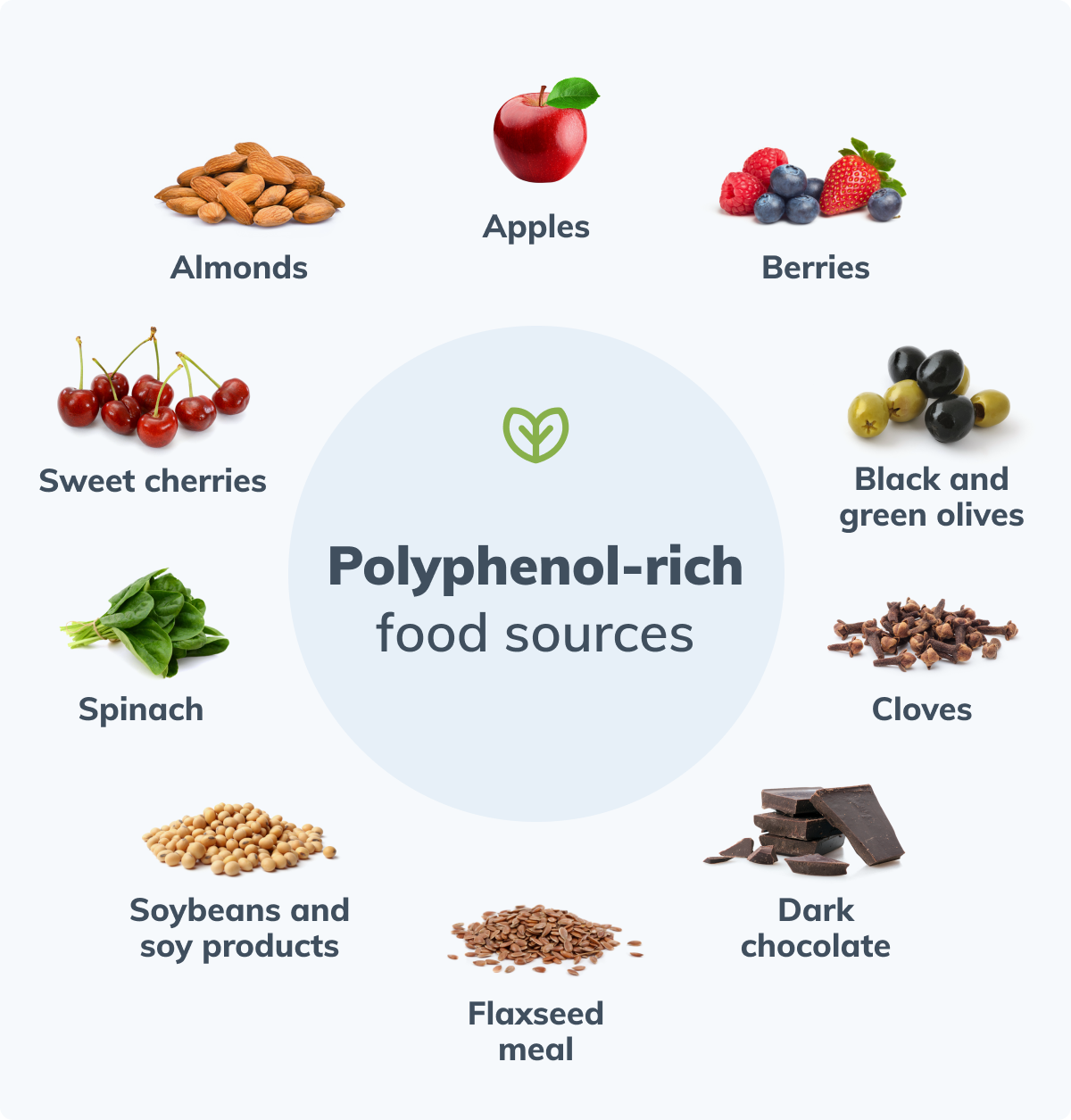Polyphenols are a group of naturally occurring compounds found in plants that have antioxidant properties. While research on the direct and specific effects of polyphenols on hormone health is ongoing, some studies suggest that polyphenol-rich foods may play a role in maintaining overall hormonal balance. Here are a few ways in which polyphenols may impact hormone health:
Antioxidant and Anti-inflammatory Effects:
Polyphenols act as antioxidants, helping to neutralize harmful free radicals in the body. Free radicals can contribute to oxidative stress and inflammation, which may, in turn, affect hormone levels.
By reducing oxidative stress and inflammation, polyphenols may indirectly support hormonal balance.
Impact on Insulin Sensitivity:
Some polyphenols, such as those found in green tea, berries, and certain spices, have been studied for their potential to improve insulin sensitivity.
Improved insulin sensitivity can help regulate blood sugar levels, which is crucial for overall metabolic health and may indirectly influence hormone balance.
Modulation of Estrogen Levels:
Certain polyphenols, especially those in foods like flaxseeds, soy, and red clover, are known as phytoestrogens. Phytoestrogens have a chemical structure similar to estrogen and may have weak estrogenic or anti-estrogenic effects.
These compounds may help modulate estrogen levels, which is important for hormonal balance, especially in women.
Support for Gut Health:
Polyphenols can influence the composition of the gut microbiota. A healthy gut microbiome is increasingly recognized as crucial for overall health, including hormonal regulation.
Some polyphenols serve as prebiotics, promoting the growth of beneficial bacteria in the gut.
Stress Reduction:
Chronic stress can disrupt hormonal balance. Polyphenols found in foods like green tea and dark chocolate may have calming effects and potentially help reduce stress.
Stress reduction can indirectly support hormone health by preventing the overproduction of stress hormones like cortisol.
It's important to note that individual responses to polyphenols can vary, and more research is needed to fully understand their mechanisms of action on hormone health. Incorporating a variety of polyphenol-rich foods as part of a balanced diet may contribute to overall well-being, but it's always advisable to consult with a healthcare professional for personalized advice, especially if you have specific hormonal concerns or conditions.

